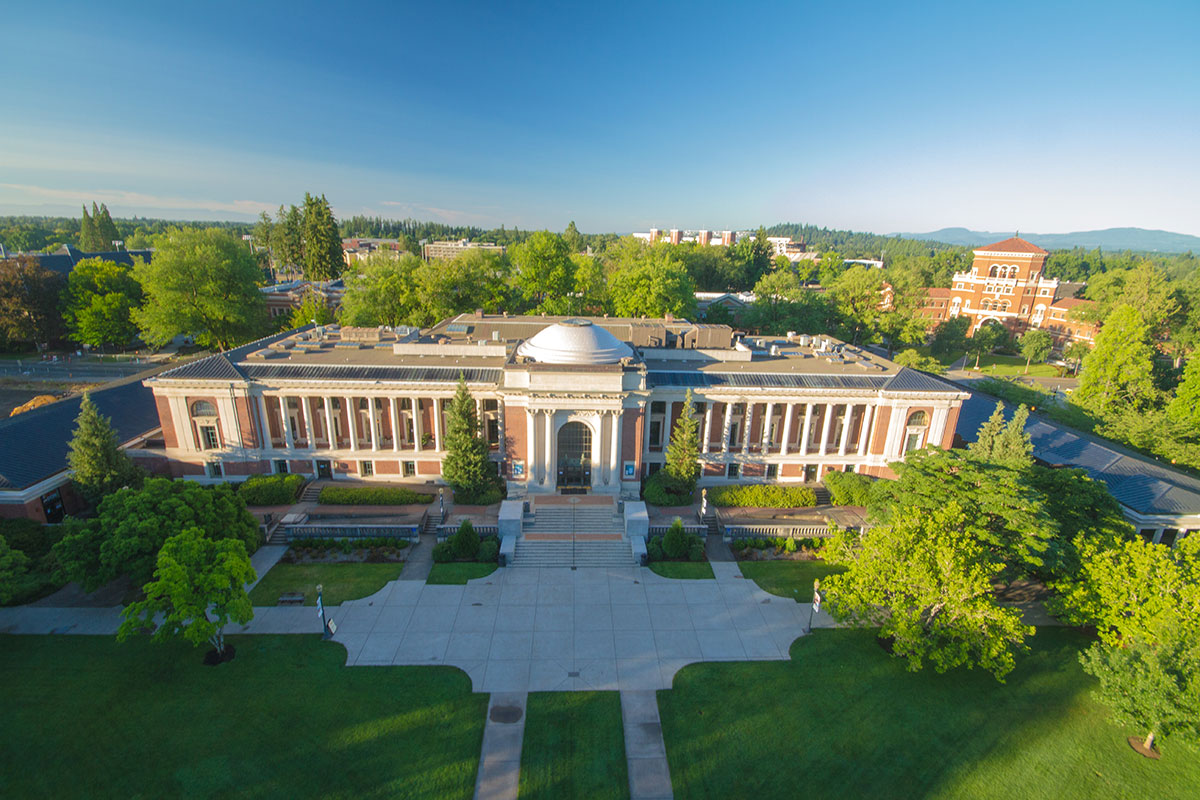
Supermarkets always tend to be one or two steps behind the First Alternative Co-op in Corvallis. Since its creation in 1970, this organization successfully led both a buy-local and an organic movement long before they became national trends. With citizens serving as both owners and shoppers, the co-op has its roots spread throughout the community.
As climate change alters the planet, identifying sustainable ways to get our meals poses a real challenge. For example, after the stock market crashed in 2008, the Oregon grass seed industry struggled. So the co-op struck a deal with a local farmer who converted his grass fields to wheat for sale in local stores. He currently distributes his wheat across the state to businesses such as Dave’s Killer Bread in Milwaukie.
“We have helped to create a more stable local food system that will help us through whatever happens to be coming,” says co-op Marketing Director Emily Stimac.
“Everyone should feel empowered that they can make a difference with their food choices,” says Stimac. “It was Michael Pollen who said that, ‘You get a chance to vote with your fork at least 3 times a day.’ We’ve seen those differences with what we’ve done at the co-op by labeling local foods. We’ve seen an increase from 16 percent to 35 percent of our sales for local ingredients. Giving people the choice to choose local has empowered them to choose local and shows that they want to.”
As consumers make choices for their three meals a day, it’s important to remember that the food we eat is directly related to living sustainably on an altered planet.
_________________________
In February 2014, the First Alternative Co-op participated in Transformation Without Apocalypse at Oregon State University.




